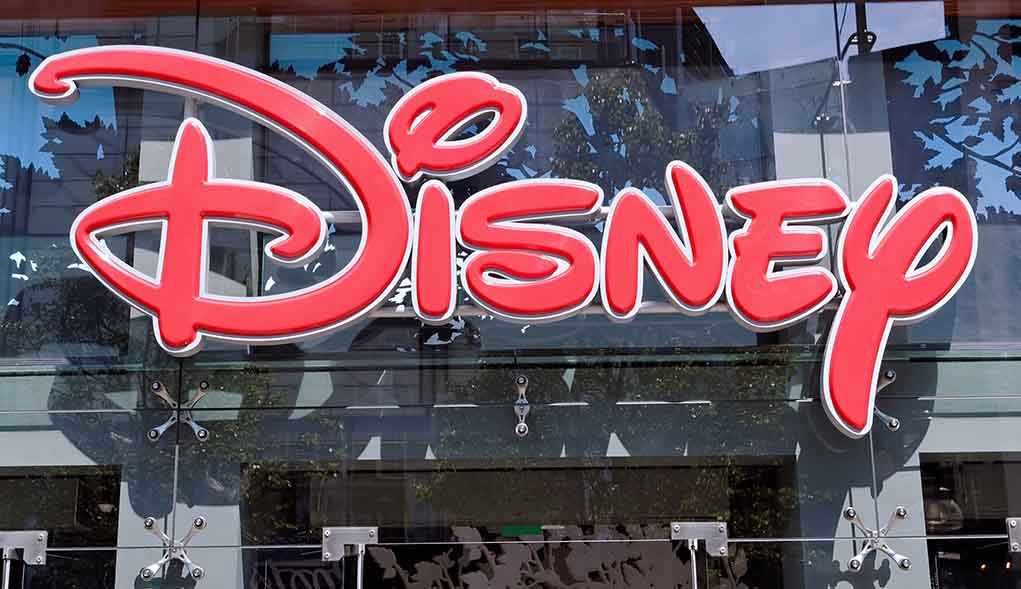
Disney has chosen to wage war against a sitting president rather than silence one late-night comedian, setting up what could become the most consequential First Amendment battle in modern media history.
Story Highlights
- Disney reinstated Jimmy Kimmel after briefly suspending him following conservative backlash over his monologue about Trump and the Charlie Kirk assassination
- Trump threatens to sue Disney and ABC, escalating corporate media tensions into potential federal court battle
- Major broadcast affiliates Nexstar and Sinclair refuse to air Kimmel’s show, fragmenting ABC’s network reach
- FCC Chairman Brendan Carr’s regulatory threats against ABC raise serious First Amendment concerns about government censorship
When Corporate America Picks a Fight With the White House
The entertainment giant’s decision to restore Kimmel’s show represents a stunning reversal from their initial capitulation to political pressure. After suspending Jimmy Kimmel Live for five days following his September 17 monologue about Trump and reactions to conservative activist Charlie Kirk’s assassination, Disney faced an impossible choice. Cave to government threats and abandon their talent, or stand firm and face the full wrath of federal regulators and a lawsuit-happy president.
Disney chose the nuclear option. Their announcement that Kimmel would return sent shockwaves through both political and entertainment circles. This wasn’t just about one comedian’s job anymore. This was about whether the federal government could effectively silence media critics through regulatory intimidation and legal threats.
The Assassination That Started Everything
Charlie Kirk’s death on September 10 during a Utah Valley University campus debate created a powder keg of political tension. When Kimmel addressed Trump’s reaction to the assassination in his monologue seven days later, conservative fury exploded across social media and political networks. The backlash wasn’t just from angry viewers or partisan critics.
FCC Chairman Brendan Carr directly threatened ABC with regulatory penalties if they didn’t discipline Kimmel. This government jawboning crossed a line that constitutional scholars immediately recognized as dangerous territory. Federal officials using regulatory threats to silence specific content represents exactly the kind of government overreach the First Amendment was designed to prevent.
The Affiliate Rebellion Fragments ABC’s Network
Nexstar Media Group and Sinclair Broadcast Group’s refusal to air Kimmel’s returning show demonstrates how political pressure can fracture even established media networks. These affiliate groups control hundreds of local ABC stations across the country, meaning millions of viewers won’t see Kimmel’s show regardless of Disney’s corporate stance.
This affiliate rebellion exposes a vulnerability in network television that political actors clearly understand how to exploit. Local stations face direct community pressure and advertiser concerns that corporate headquarters in Burbank can’t fully comprehend or control. The result splits ABC into a patchwork of markets where Kimmel airs and others where he doesn’t, creating an unprecedented situation in network broadcasting.
Trump’s Legal Gambit and Disney’s Calculated Risk
Trump’s threat to sue Disney and ABC wasn’t made in a vacuum. He referenced his recent defamation settlement with ABC News, suggesting a pattern of legal intimidation against the network. For Disney, this lawsuit threat represents both immediate financial risk and long-term strategic calculation about media independence.
Disney executives Bob Iger and Dana Walden clearly decided that fighting Trump in court serves their broader corporate interests better than establishing a precedent of yielding to presidential pressure. Every major media company is watching this battle closely, knowing that Disney’s response will influence how future government threats against media critics are handled across the industry.
Sources:
Wikipedia: Suspension of Jimmy Kimmel Live!

